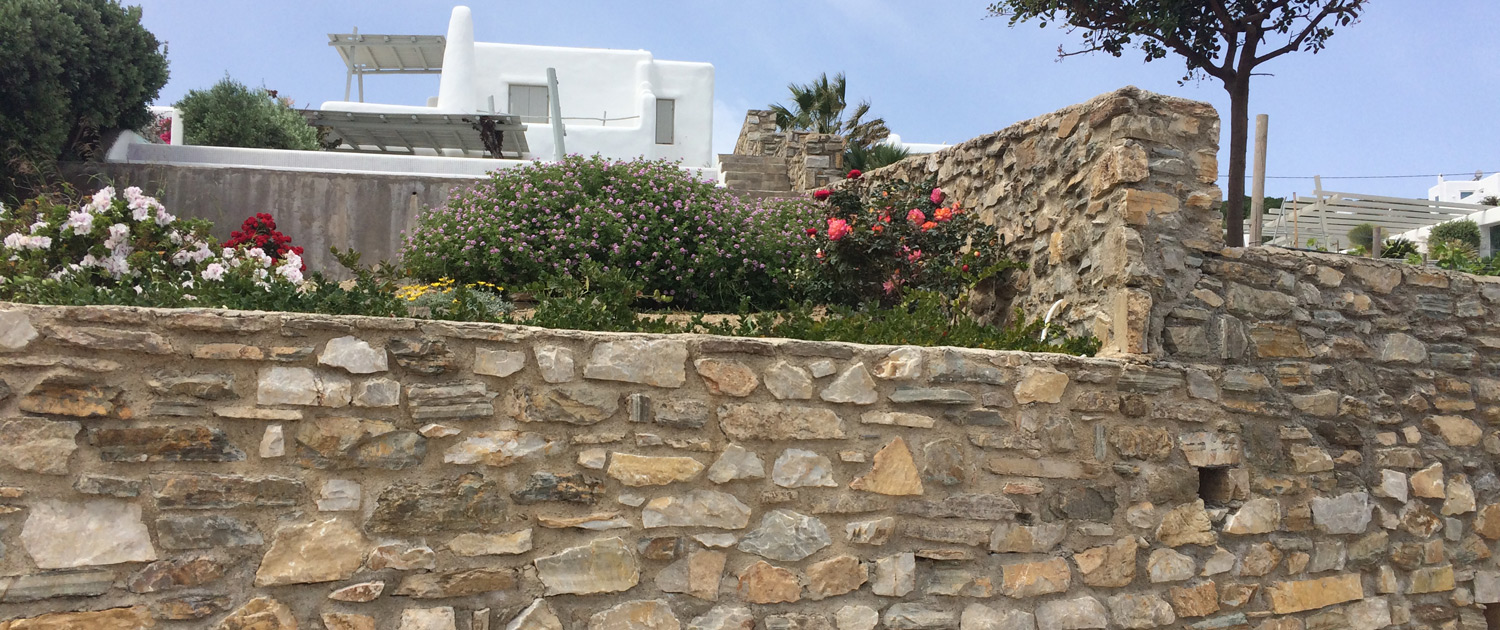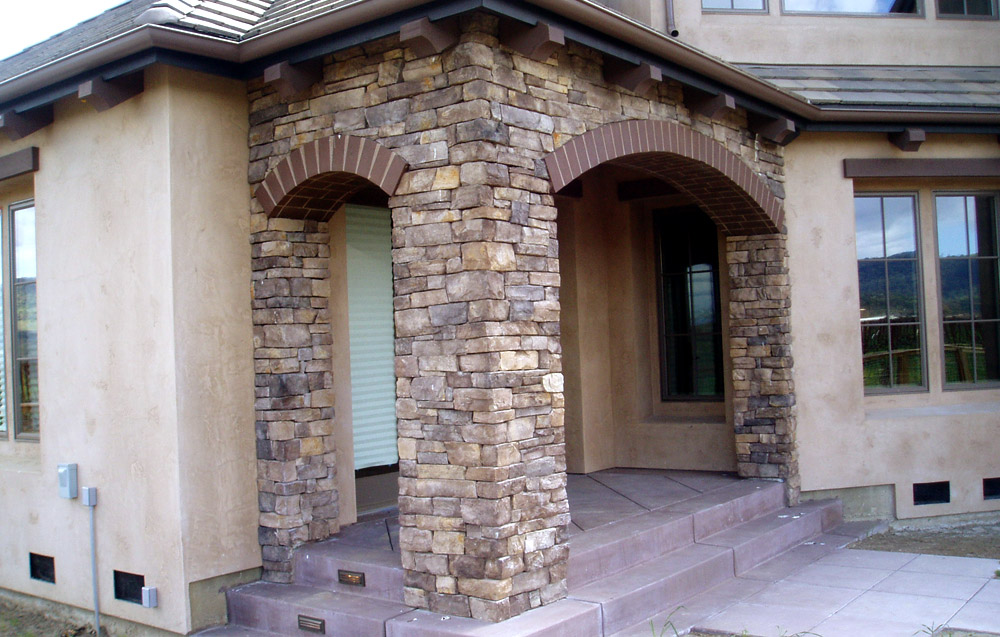Why do builders generally use stone masonry for buildings? While materials like metal are used, stone is more durable and is far more weather resistant than metal, which can rust easily unless specially treated.
As materials go, stone masonry is more durable, strong, and is barely affected by typical day to day actions that damages other materials. For instance, moving objects like furniture can dent or scratch materials like wood, vinyl or plaster. One scratch and you’ve damaged a wall or a floor.

Stone doesn’t dent, splinter, swell or bend. You also have to try hard to scratch or chip it, something concrete can’t even take.
Advantages of Stone Masonry for buildings:
Beautiful to look at:
Stone can have many appeals for builders.
– It’s versatile, strong and weather resistant.
– Stone can appear to be grandiose and give a dignified appearance of any building, and yet it can look cosy and welcoming, especially for residential homes.
– Stone also gives a message to passersby – you are there to stay, and the stone will last for a long time.
Builders of churches and cathedrals and banks use stone masonry because it is an excellent material to use, and is highly dependable. Indeed, when people build either business or for a home to be passed on down through the family, they tend to build with stone.
Long Lasting for building:
We have already touched on the advantages of stone masonry for buildings – its dependable, stronger than concrete and nicer to look at than metal, but if you want a building to last longer than a few decades then you should use stone.
There are buildings and other structures all over the Earth that are still standing because they weren’t made from wood or plaster, but from stone.
Stone masonry has existed for thousands of years. The Pyramids of Egypt, the temples of Ancient Greece, and the Roman cities were all made of stone.
Practical benefits:
Many builders today are turning to more ecological methods of building, and masonry is definitely an ecological material, but there are other benefits.
Stone buildings offer a value for money for the home buyers thanks to low maintenance living and savings, but the primary benefits of stone masonry include;
- Fire resistance – it’s a bonus for builders since stone is non-combustible.
- Resistant to termites, woodworm, etc. – There’s no wood for the parasites to consume.
- Sound proofing – Stone masonry blocks out noise better than other building materials, which is a bonus for families with young children, resulting in a quieter environment.
- Resistant to mold, fungus, and rot – Masonry plays a large part in reducing or stopping the possibility of rot or mold forming, since without wood there’s simply nothing to rot. Buildings that allow mold, mildew and rot are generally unhealthy since they cause problems for breathing, so homes and businesses made with masonry are more healthy.
- Appeal for resale- It’s widely known and believed that buildings made from masonry tend to resale very quickly than other buildings made with materials like metal.
- Masonry’s fire resistance and higher levels of security and protection against parasites means insurance companies give out discounts. Also, because masonry blocks combined with the thermal mass insulation systems means stone is the perfect material to store energy and heat, resulting in warmer winters and cooler summers.
Stone Masonry from a Builders Point of view:
To use natural stone, or not to use natural stone….. There are good reasons to use natural stone.
- Natural stone is a natural material, which means it is ecologically friendly, and it helps that it doesn’t require energy to produce it. Which means no pollution. It also doesn’t hold any toxic substances which can damage human health.
- There are many different types of stone, so that means there are a wider range of options than with other materials.
- It’s long lasting, and even if the masons have finished their building the stone will not lose its natural colours, even in the harshest weathers – hail, rain, wind, or snow.

